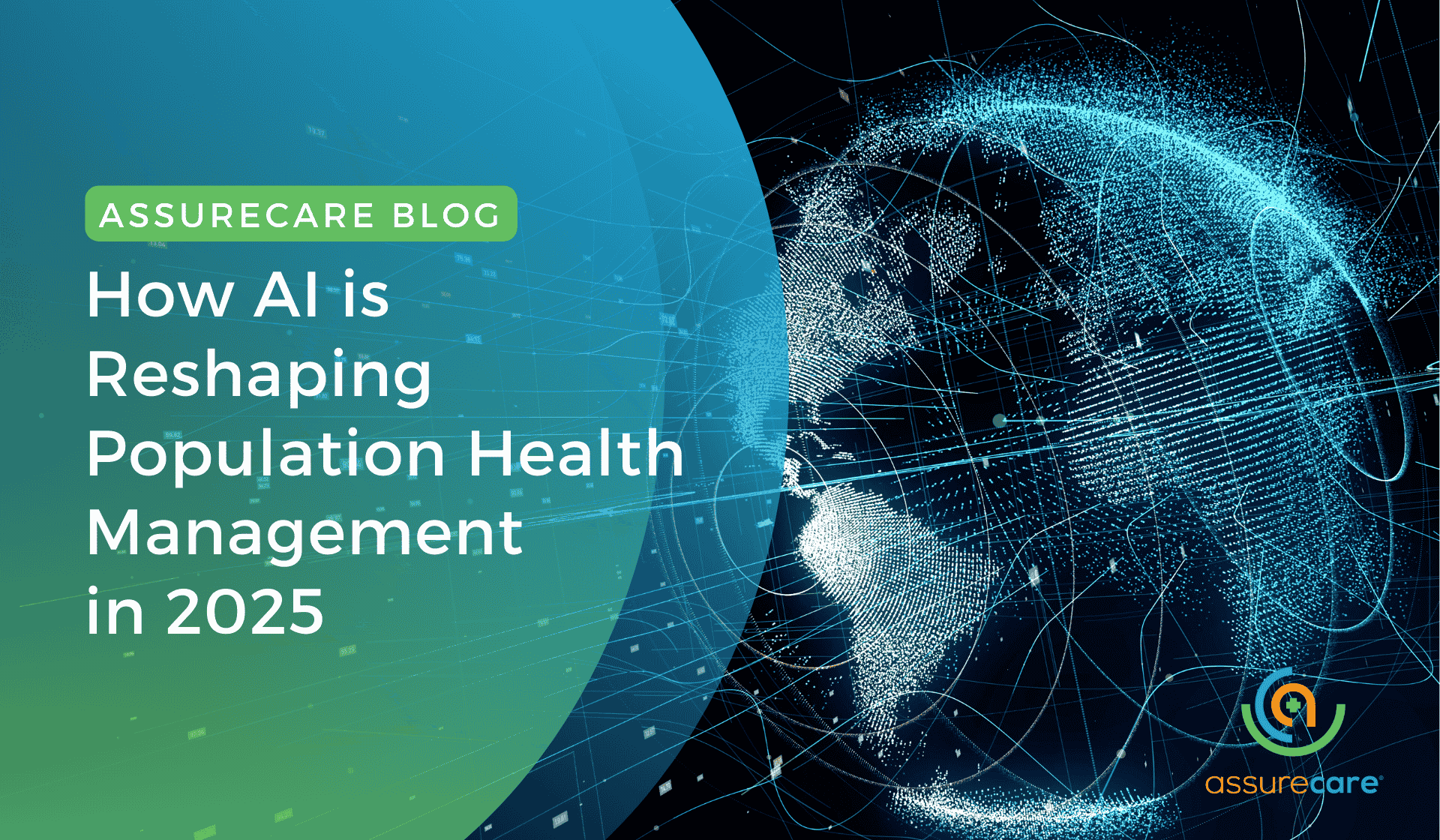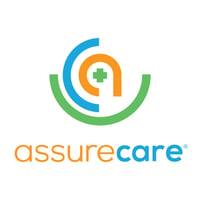
Utilization Management
Verify eligibility, optimize reviews, and streamline appeals and grievances.

Utilization Management
Verify eligibility, optimize reviews, and streamline appeals and grievances.

Care Management
Enable preventative care, manage medical interventions, and efficiently report on program outcomes.

Medication Management
Perform and bill medical services, ensure medications are safe and effective, and identify ways to improve care.

Quality Management
Improve outcomes, lower costs, and adhere to standards, such as HEDIS, Stars, and PQA.

Specialty Pharmacy

The use of Artificial Intelligence (AI) in healthcare is no longer a futuristic concept; it’s a rapidly growing reality. In 2025, AI is expected to play an even greater role in population health management, with the global healthcare AI market projected to grow at a compound annual growth rate (CAGR) of 40% over the next five years, according to McKinsey. This shift reflects the growing recognition that AI can do more than automate tasks—it has the potential to transform care delivery by offering actionable insights and improving outcomes across populations.
A key driver of this adoption is the shift toward value-based care, where the focus is on delivering high-quality care while controlling costs. AI enables healthcare organizations to analyze massive amounts of data, such as claims, clinical records, and even Social Determinants of Health (SDOH), to identify patterns and predict future outcomes. For example, AI-powered predictive analytics can flag patients at risk of hospitalization due to chronic conditions, enabling care teams to intervene early.
But AI’s utility goes beyond clinical applications. Administrative tasks, such as prior authorizations and claims processing, can be streamlined with AI tools, saving time and reducing errors. A recent study by Deloitte estimated that AI could reduce administrative burdens in healthcare by up to 30%, freeing up resources for direct patient care.
Moreover, the integration of AI into existing systems is becoming increasingly seamless. Rather than replacing existing workflows, AI tools are being embedded within them, complementing human decision-making. This approach ensures that providers and care coordinators can focus on what they do best—delivering care—while technology handles the heavy lifting of data analysis.
As AI adoption accelerates, healthcare organizations that embrace these technologies will be better positioned to improve outcomes, enhance patient satisfaction, and reduce costs. AI is no longer just a tool for innovators; it is becoming an essential component of effective population health management.
Explore AssureCare's AI-powered healthcare solutions

AssureCare
AssureCare® is a leading provider of integrated population care management software for healthcare and human services organizations. For nearly two decades, AssureCare has served the healthcare industry.